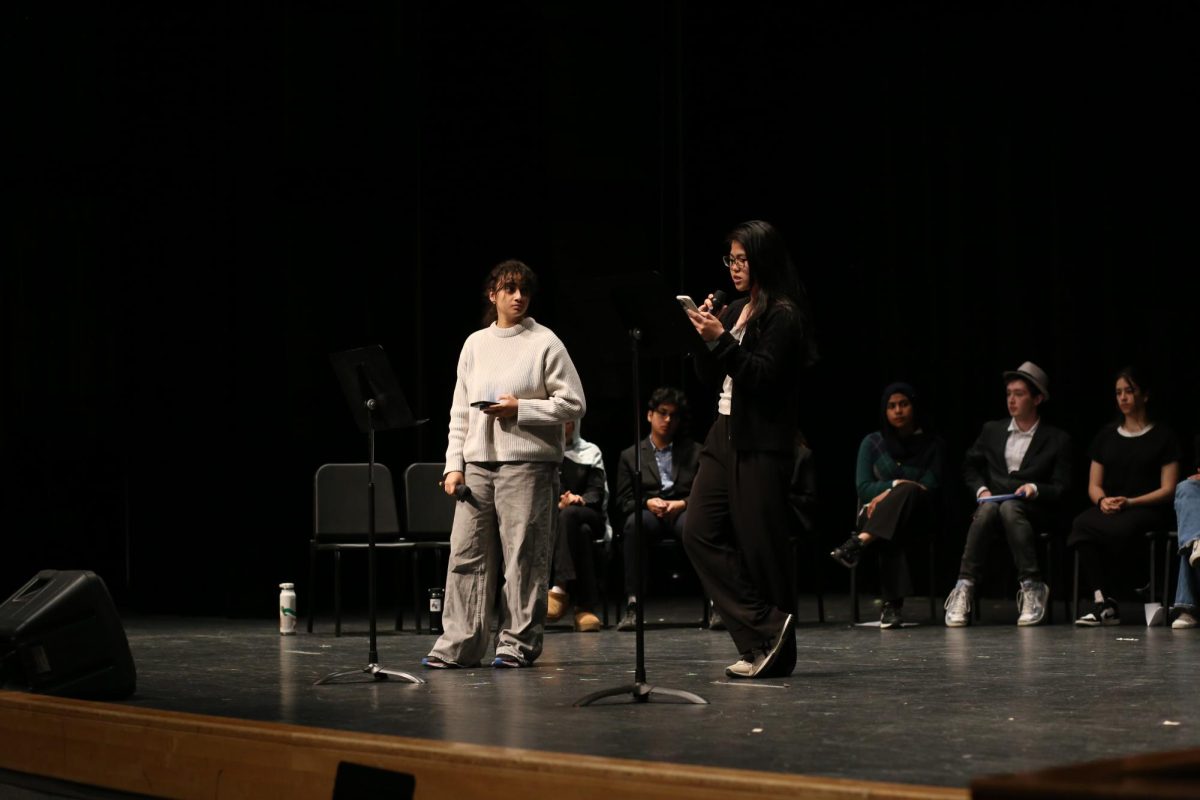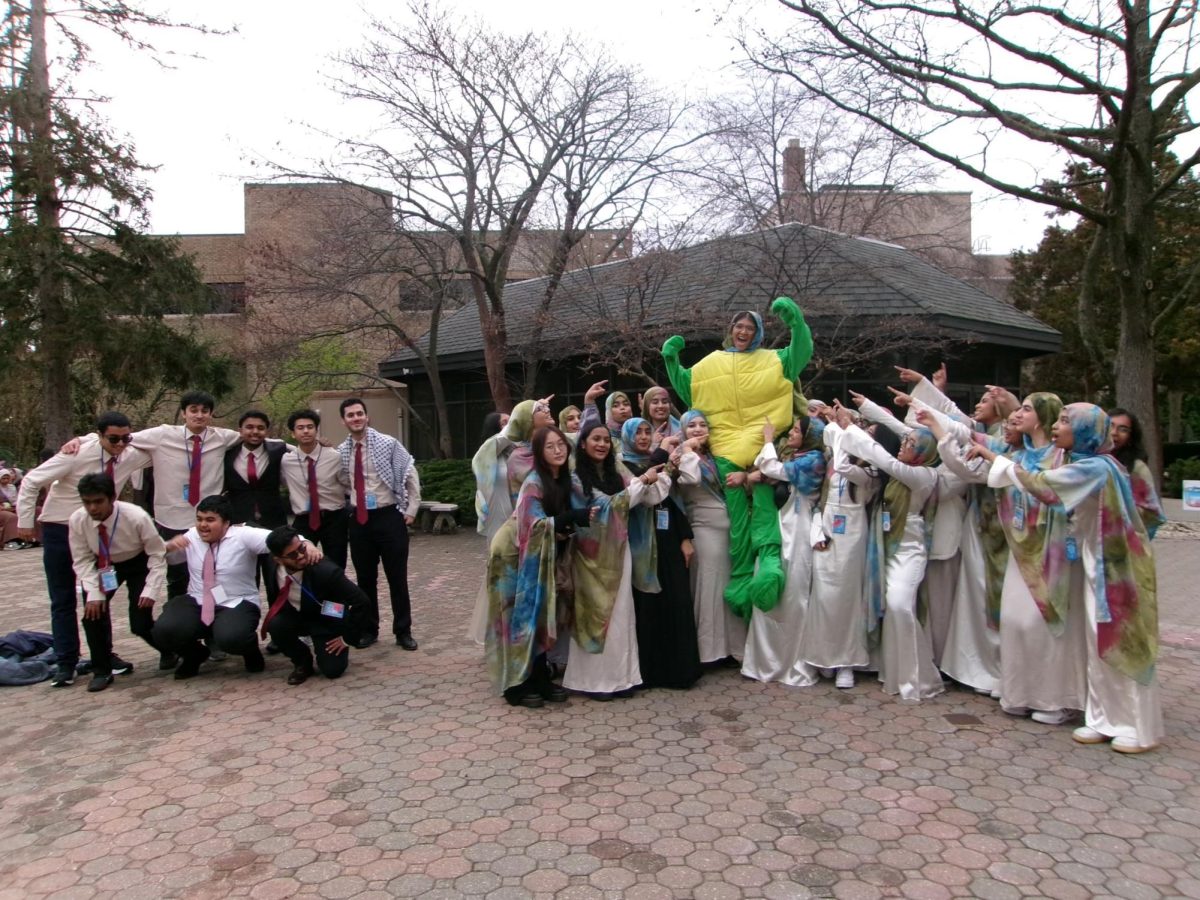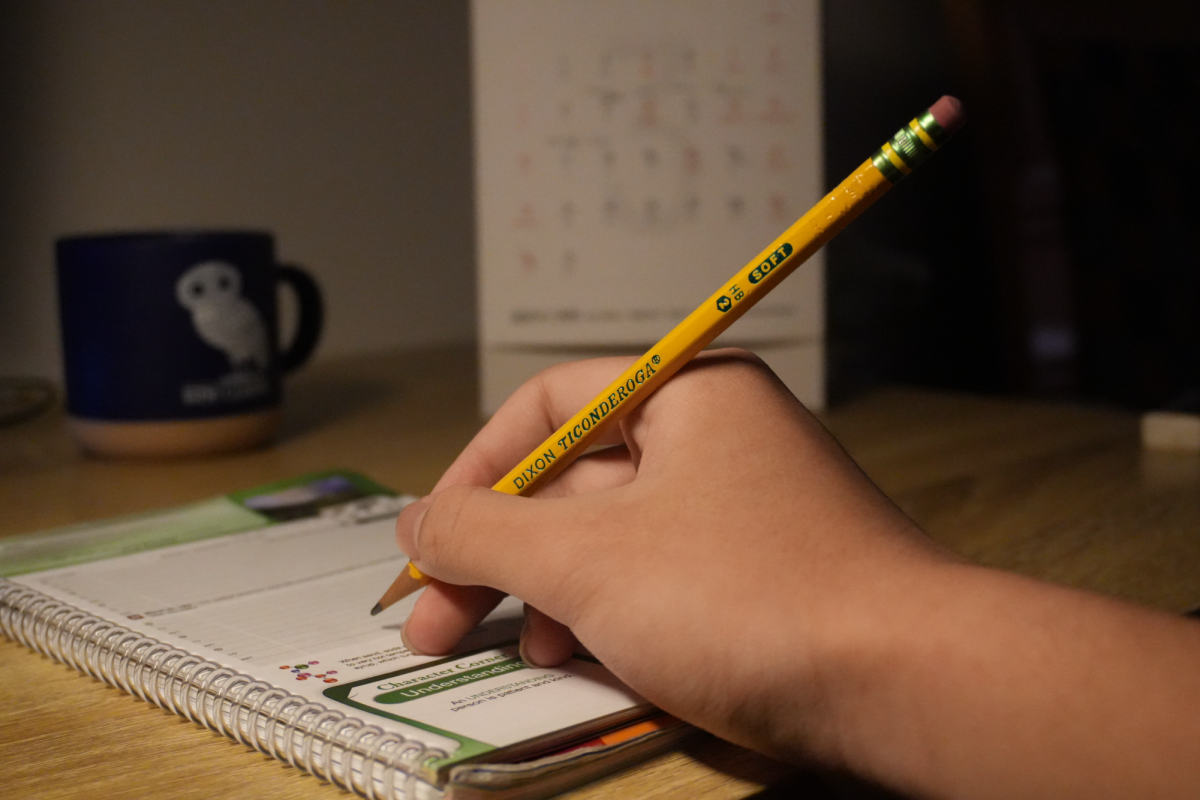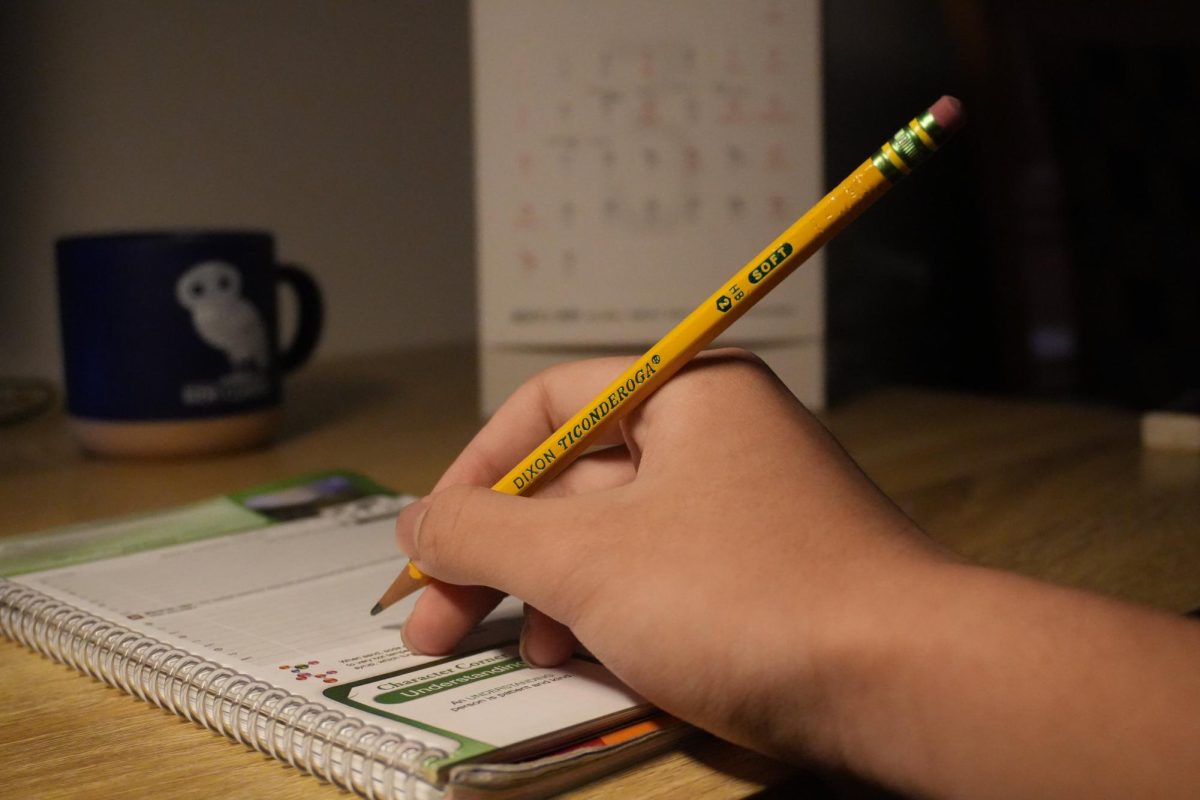

Photo by Asia Acevedo
Every typical high school experience has one thing in common: if someone does something wrong, they go to detention. Yet at Townsend Harris, students receive punishment in the form of demerits.
The process is simple: a student does something wrong, a teacher gives them a referral, and then the dean dishes out the demerits.
“We use the demerit system to hold our students to higher standards and to hold them accountable for their actions,” said Dean Robin Figelman. “The demerit system was put in place by the first Consultative Council of THHS back in 1984 when the school reopened. These students felt that because THHS was different from all other city schools, and our Ephebic Oath was to leave our city greater than we found it, students should learn to be accountable for their actions.”
For the most part, the system works. “Most of our students don’t get many demerits, and if they get one or two it immediately changes their behavior. A few like to push the envelope, so to speak, and are repeat offenders. Eventually, they too realize they should stop and make the change,” added Ms. Figelman.
Some students agree and are fairly happy with the system.
“I support the demerit system for the same reason I support any other set of rules; it provides order,” said junior Richard Bharat.
Other students don’t have the same rosy view. Sophomore Brandon Perlaza commented on the concept of demerits: “I don’t think it is fair that you could have a demerit for not having an ID even though people see you every day at school. I feel like the demerit system awards demerits to very minor things.”
Freshman Mehrose Ahmed added, “It doesn’t really make any sense because you need to accumulate your demerits to get some sort of actual punishment, and I would rather be punished for something when I made the mistake rather than when I made it multiple times.”
Students and teachers agree that it keeps everyone in order. Senior Advisor Maria Assante said, “It only works when everyone uses it. When you put rules in place it sets a professional tone for the building.”
There are various forms of punishment for receiving demerits. “You can’t be on any teams or go on certain trips if you have too many demerits so there is an incentive not to ‘collect’ demerits. But some people have a ridiculously large amount of demerits and at a certain point keeping track of that person’s demerits is pointless,” said junior Niamani Gibbs.
While these are more mixed reviews, freshman Raya Kazdan is not shy about her distaste for the system.
“I do not like the demerit system. I feel like the staff takes advantage of our drive and hard work and uses it against us. Forgetting your ID, showing up late to a class because you had freshman gym, grabbing homework from your locker after your lunch period-—I personally do not believe these are acts that should be punished with the same system that punishes bullying and cheating. Yet at our school, the teachers often act like these little mistakes are just as bad [as the others],” she said, “I think the demerit system takes away some of the severity of punishment for breaking important school rules by punishing students for harmless mistakes using the same system.”
Social Studies teacher Linda Steinmann revealed that she believes that now the students have it easier. “Back in the day, you used to get demerits for everything. I think that now it’s a bigger challenge to get demerits. In the past, students would get it for chewing gum or riding the elevator. ”
Seniors also get the opportunity to work off their demerits by helping to clean up. Dr. Steinmann said that “clean-ups were more common when Ms. Nix was dean” and Ms. Figelman believes this system is fair.


























